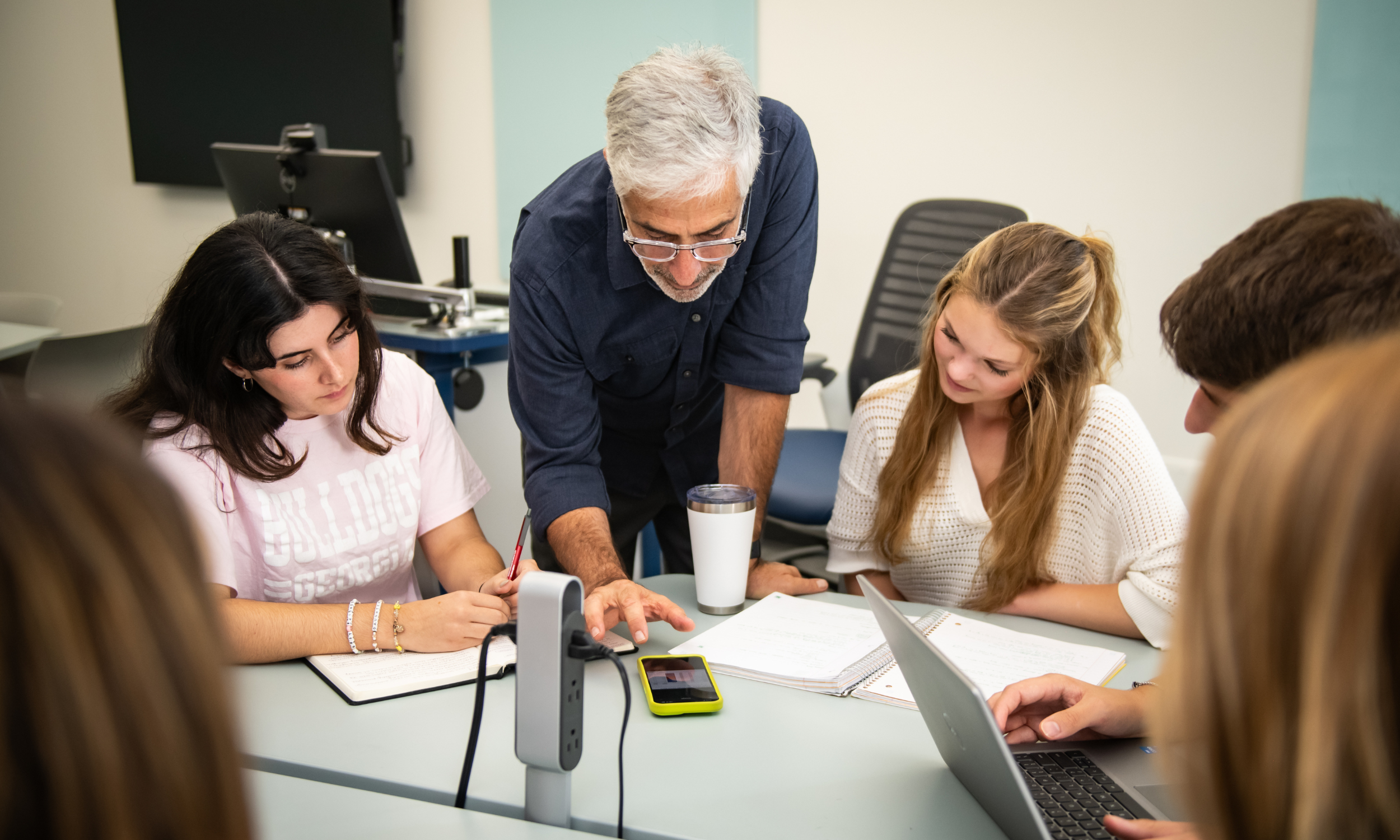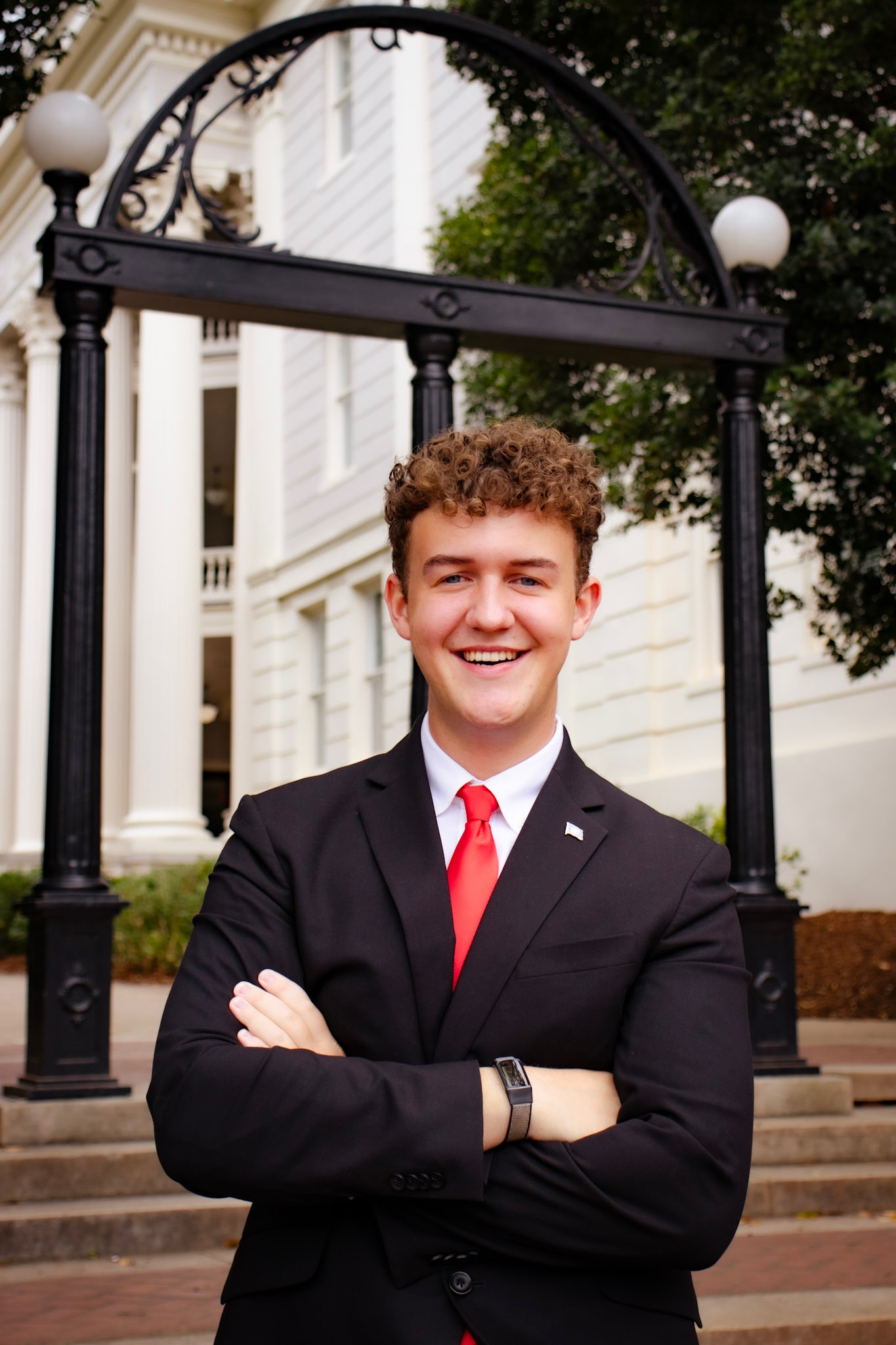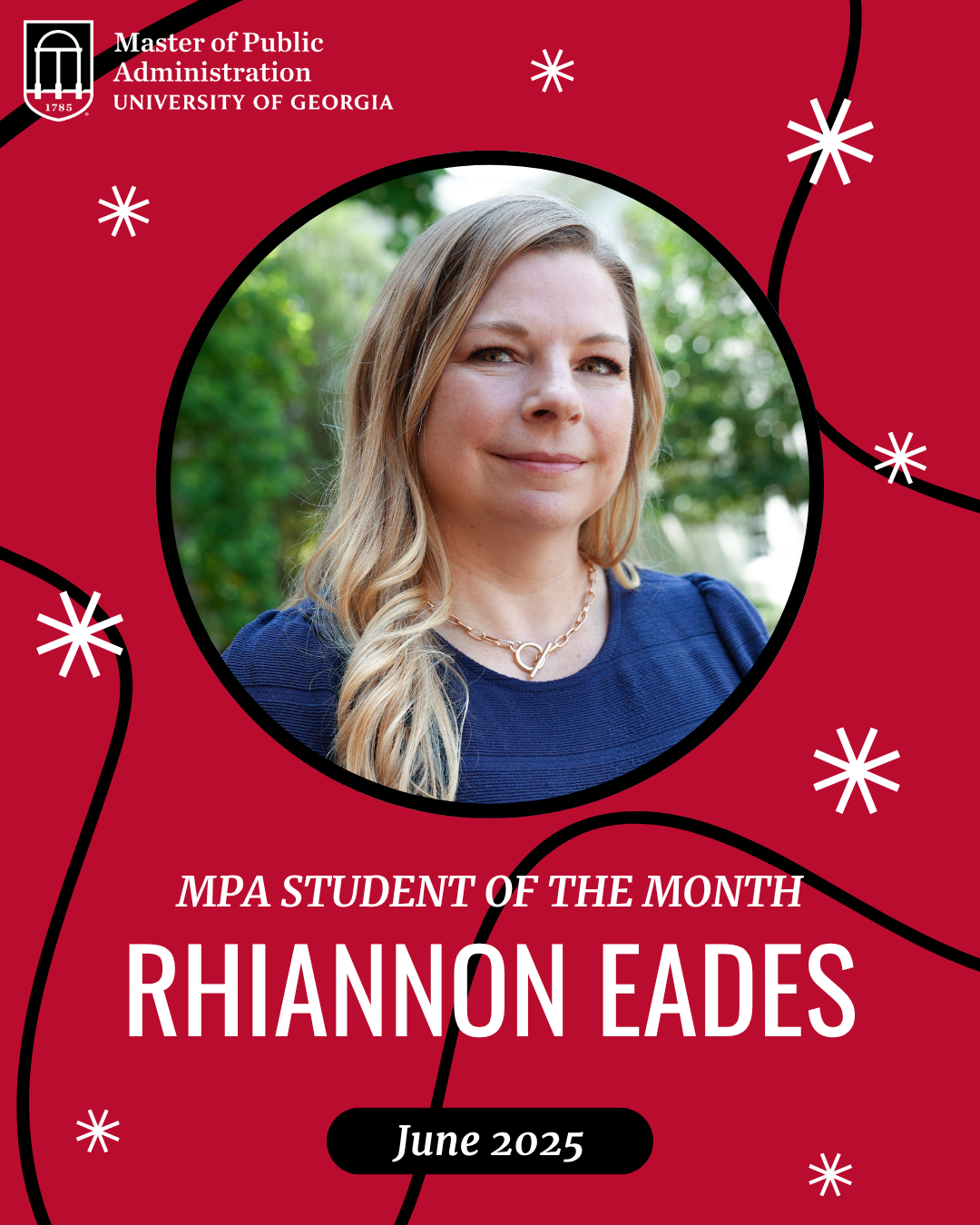
Dr. Amanda Murdie, Department Head of International Affairs and Georgia Athletic Association Professor of International Affairs, has been named the 2023 Karl Deutsch Award recipient by the International Studies Association. This award is presented annually to recognize a scholar under age 45, or within 15 years of defending their dissertation, who is judged to have made the most significant contribution to the study of International Relations and Peace Research by the means of publication.
“(H)er ability to achieve so much so quickly is all the more impressive because she has not single-mindedly focused on her own advancement, but has also maintained a focus on serving her scholarly community and mentoring others,” one nominee wrote. “In other words, Dr. Murdie exemplifies a rare combination of a brilliant mind, high productivity, and a genuine interest in the success of others.”
Dr. Murdie is the past editor-in-chief of International Studies Review and co-editor of the University of Georgia Press Studies in Security and International Affairs Book Series. Dr. Murdie studies International Relations, specializing in the behavior of international non-governmental organizations (INGOs) and their interactions with states, local populations, and intergovernmental organizations (IGOs). Most of her work is in the areas of human security, human rights, conflict processes, and development. She has published over fifty articles and book chapters in such journals as Journal of Politics, British Journal of Political Science, and International Organization. Dr. Murdie has worked with both the policy and the NGO communities to develop new quantitative measures that capture the power of human security INGOs and track the spread of human security norms among non-state actors.
“We are thrilled that Amanda Murdie has earned the prestigious Karl Deutsch Award,” SPIA Dean Matthew Auer comments. “Dr. Murdie’s scholarship on human security, human rights, terrorism, and international conflict is remarkable. On subjects like international NGOs as influential actors, on the diffusion of social movements, on causes of repression – her published work is foundational, and her insights are authoritative.”








